Ms. Tran Thuy Linh, an office worker in Hanoi , shared that she received money from friends or relatives to celebrate weddings, birthdays, or support in difficult times, but recently she saw a lot of information saying that the tax authorities will check all transactions, so she feels worried about whether she will be taxed or not.
Similarly, Ms. Bui Thi Phuc, owner of a small grocery store in Hai Phong, said she often uses her personal account to receive money. Hearing that the tax authorities can trace the flow of money, she is worried about being lumped together with a business, while not doing big business or evading taxes.
However, according to the representative of the Tax Department, this is an incorrect understanding of current legal regulations.
The Tax Department's leaders affirmed that only income from production, trading of goods and provision of services will generate tax obligations. Money transferred between individuals such as donations, support for relatives, civil loans, or transactions not related to commercial activities, are not included in revenue for tax purposes.
Illustrative photo: VNA |
Reality also shows that the tax sector only applies inspection and verification measures when there are signs of tax evasion from business activities, not targeting civil income. The recent case of Vu Nam Phuong (also known as KOL “Cun Bong”) is a typical example.
Accordingly, the authorities have decided to prosecute the case and prosecute Vu Nam Phuong for the crime of "Violating accounting regulations causing serious consequences". Accordingly, this case shows signs of production and business activities with large income but the tax declaration is incomplete, there are signs of deliberately concealing revenue and not issuing invoices as prescribed. Specifically, from 2023 to present, the subject has declared revenue to the authorities of more than 5 billion VND. However, the Investigation Police Agency of Hanoi City Police has clarified that the actual revenue of these subjects is up to more than 120 billion VND, a difference of more than 115 billion VND. This behavior is estimated to cause damage to the State budget of more than 10 billion VND in taxes.
A representative of Hanoi City Police said that the incident is a warning to organizations and individuals, especially famous influencers on social networks (KOLs) who are doing business but do not comply with legal regulations on revenue declaration, tax obligations and related requirements.
Economic experts say that from this incident, it can be seen that the tax authorities do not collect taxes on all cash flows into personal accounts as many people fear. Handling is only done when there is a basis to prove business behavior and tax evasion. On the contrary, civil transactions such as transferring money for weddings, supporting difficulties or giving to relatives are not subject to tax and are not subject to tax inspection.
According to Mr. Mai Son, Deputy Director of the Tax Department, current legal regulations only require business households that use electronic invoices generated from cash registers when selling goods or providing services to consumers to issue invoices, even if the buyer does not take the invoice. In case of not issuing invoices, business households will be subject to additional collection, fines and may be identified as tax evasion. However, this does not apply to individuals who do not do business, or to normal civil transactions between people.
Current tax administration applies data analysis methods combined with cash flow management to detect intentional concealment of revenue, especially in cases where businesses ask customers to transfer money but record incorrect transaction content, or only receive cash. Although tax authorities are not allowed to directly access personal accounts, through data exchanged with banks, state agencies and related organizations according to legal regulations, the tax sector is fully capable of determining real revenue to correctly and fully calculate tax obligations.
According to the Law on Personal Income Tax and Circular No. 111/2013/TT-BTC of the Ministry of Finance, many incomes of individuals, households and business individuals are exempt from tax in some specific cases.
Specifically, income from real estate transfers between relatives such as spouses, parents and children, grandparents and grandchildren, siblings, etc. is exempt from tax. Real estate that is the common property of spouses and is divided upon divorce is also exempt from tax if it is determined to be common property during the marriage and divided according to an agreement or court decision.
Income from the transfer of a single residential house or a residential land plot (including the house or attached structures) is also exempt from tax if the individual has only one such property, has owned it for 183 days or more up to the time of transfer, and transfers the entire property.
The transferor must self-declare and be responsible for tax exemption, and will be subject to collection and penalties if the declaration is incorrect.
Individuals are also exempted from income tax on land use rights granted by the State without payment, or have land use fees reduced according to the law. If they later transfer, they must still declare and pay taxes according to the instructions in the Circular.
In addition, income from inheritance or gifts of real estate between relatives such as spouses, parents and children, grandparents, grandchildren, and siblings is also tax-exempt.
Some other cases are also exempted from tax, including: Income from converting agricultural land to rationalize production but not changing the purpose of use; income from agricultural production, forestry, salt making, aquaculture, fishing of unprocessed or only preliminarily processed aquatic products.
Income from interest on bank deposits, interest from life insurance contracts, interest on government bonds; income from remittances; night work and overtime paid higher than prescribed; pensions; scholarships; compensation (insurance, work accident, state compensation...); amounts received from charity funds, foreign aid for humanitarian purposes, are also exempt from tax.
Experts say that all citizens can rest assured that the tax authorities do not apply a general collection policy or tax all personal money received. The tax industry's viewpoint is to prevent revenue loss but must be fair, transparent, and the right person, the right job, without affecting the legitimate rights of the people. Taxpayers should carefully study and understand the regulations to avoid misunderstanding and avoid spreading inaccurate information that causes public confusion. In all cases, keeping documents and papers related to personal cash flow is necessary to protect legitimate rights when requested by tax authorities.
According to VNA/News and People Newspaper
Source: https://baoquangbinh.vn/kinh-te/202506/khong-phai-khoan-tien-nao-chuyen-vao-tai-khoan-ca-nhan-cung-bi-thu-thue-2227290/




![[Photo] General Secretary To Lam works with the Standing Committee of Quang Binh and Quang Tri Provincial Party Committees](https://vphoto.vietnam.vn/thumb/1200x675/vietnam/resource/IMAGE/2025/6/25/6acdc70e139d44beaef4133fefbe2c7f)

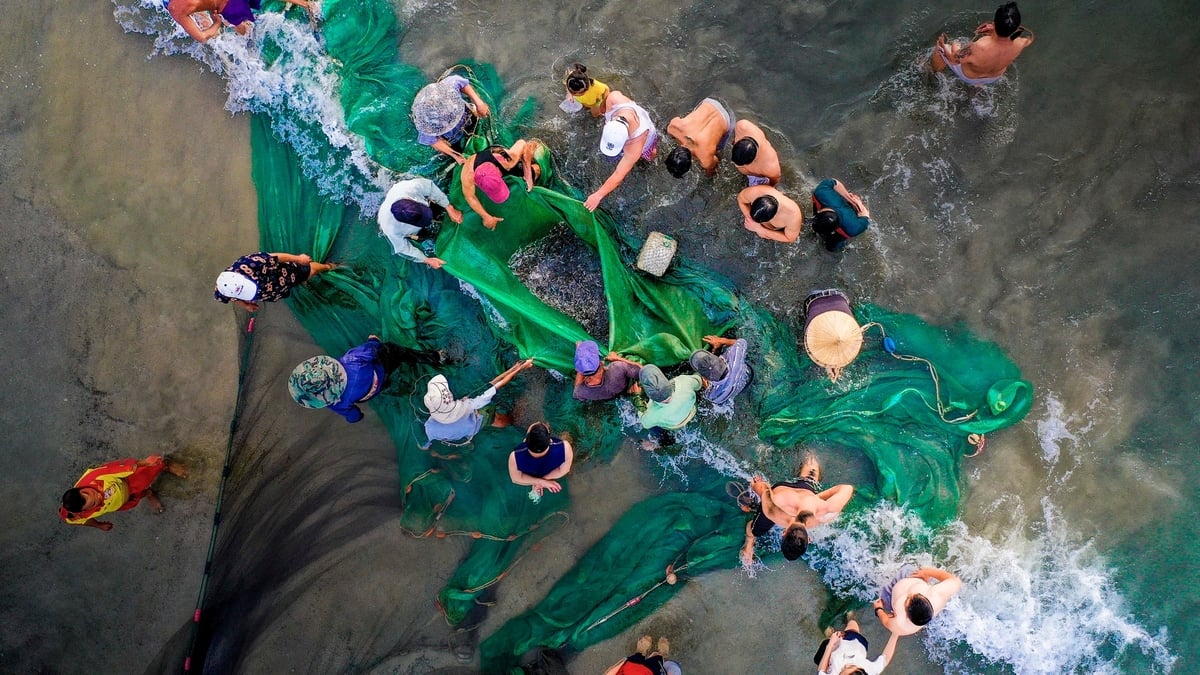
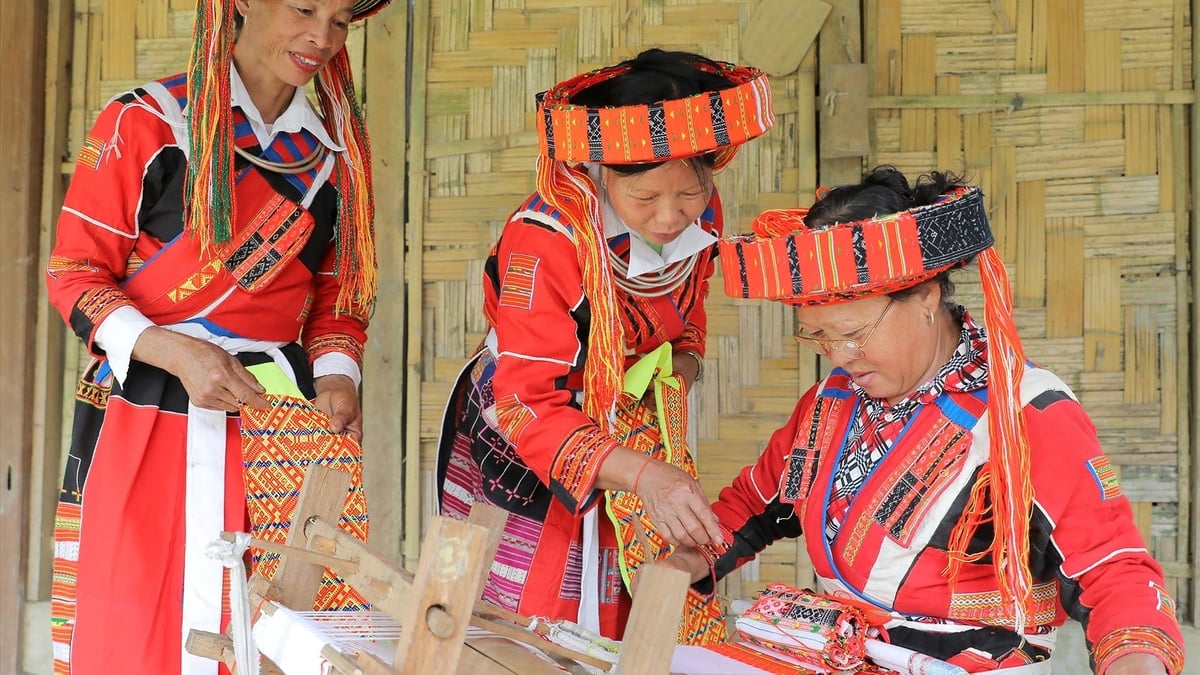

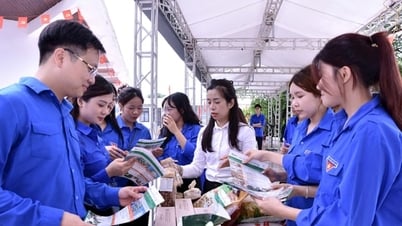

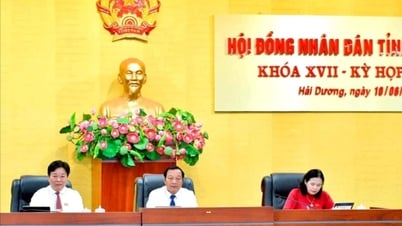


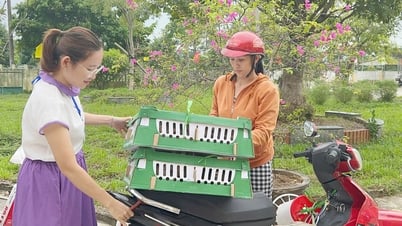

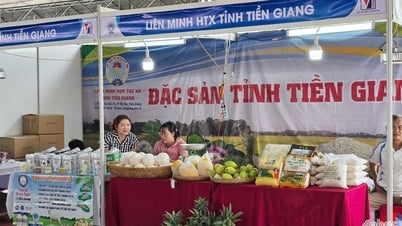

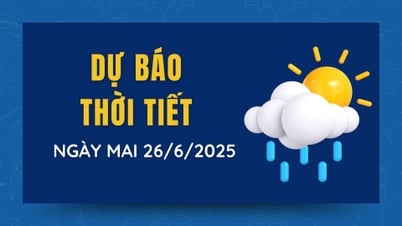





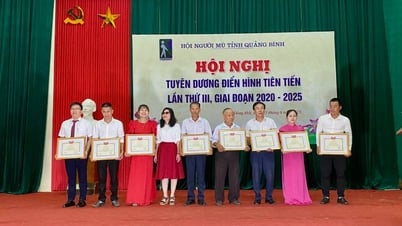




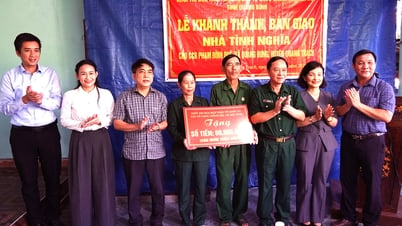

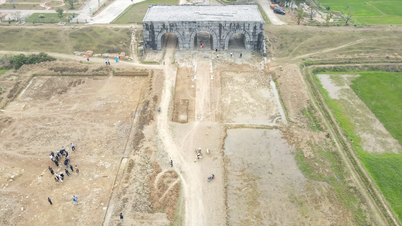



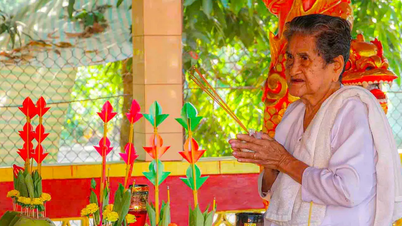




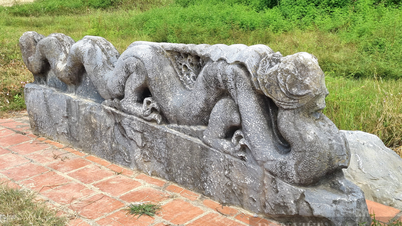


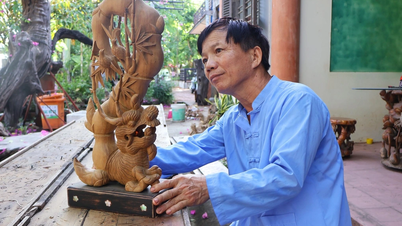



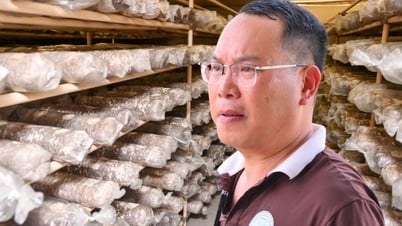





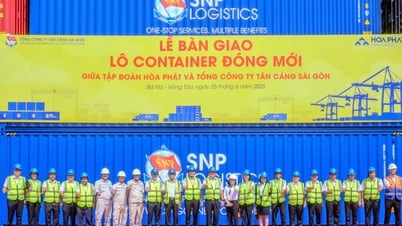








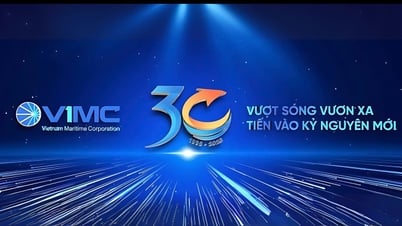

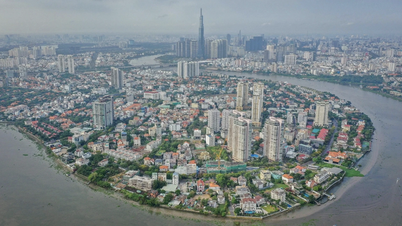







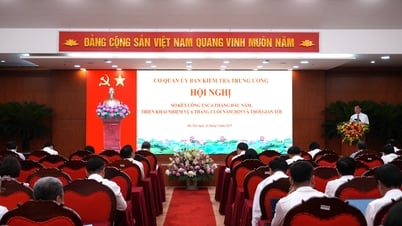

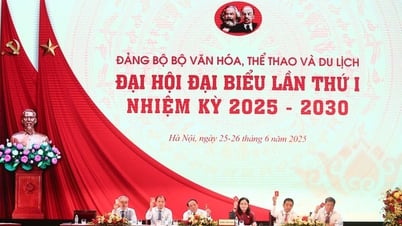


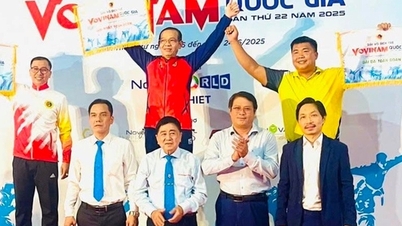
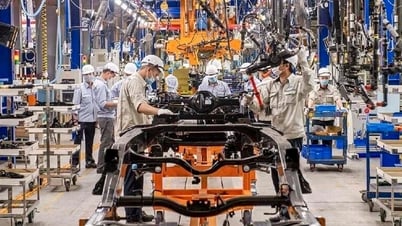

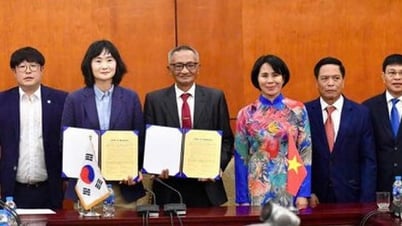
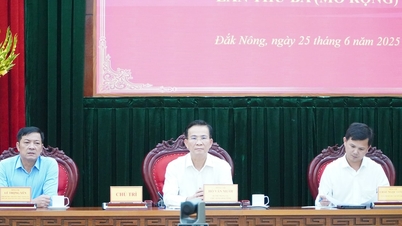





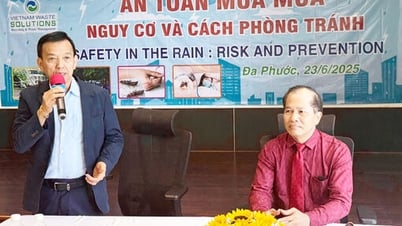








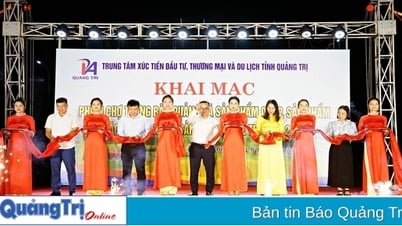








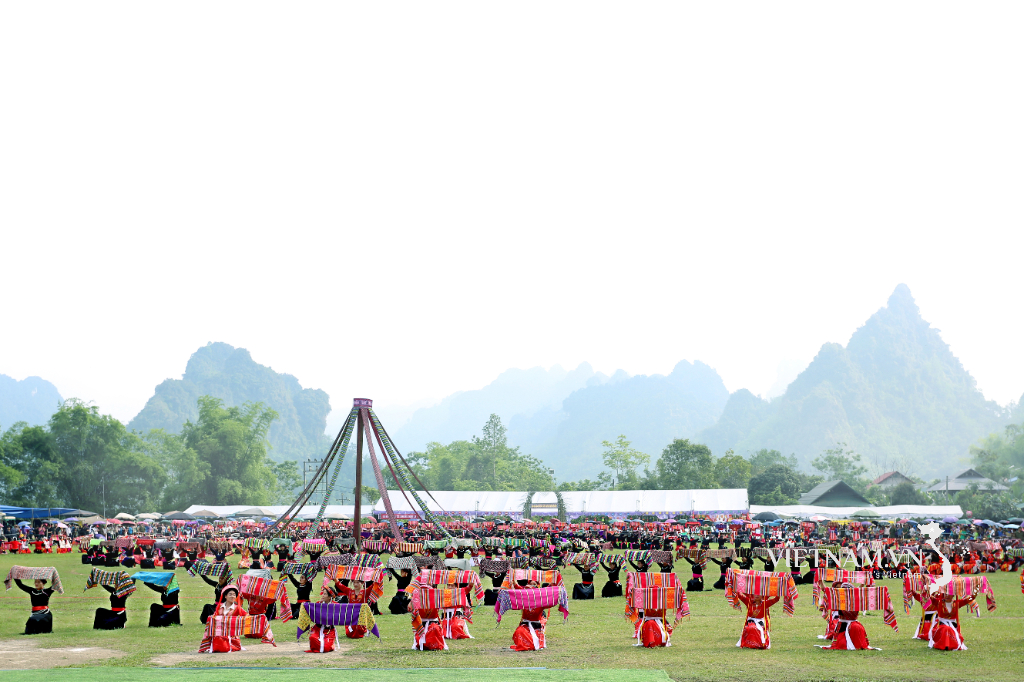

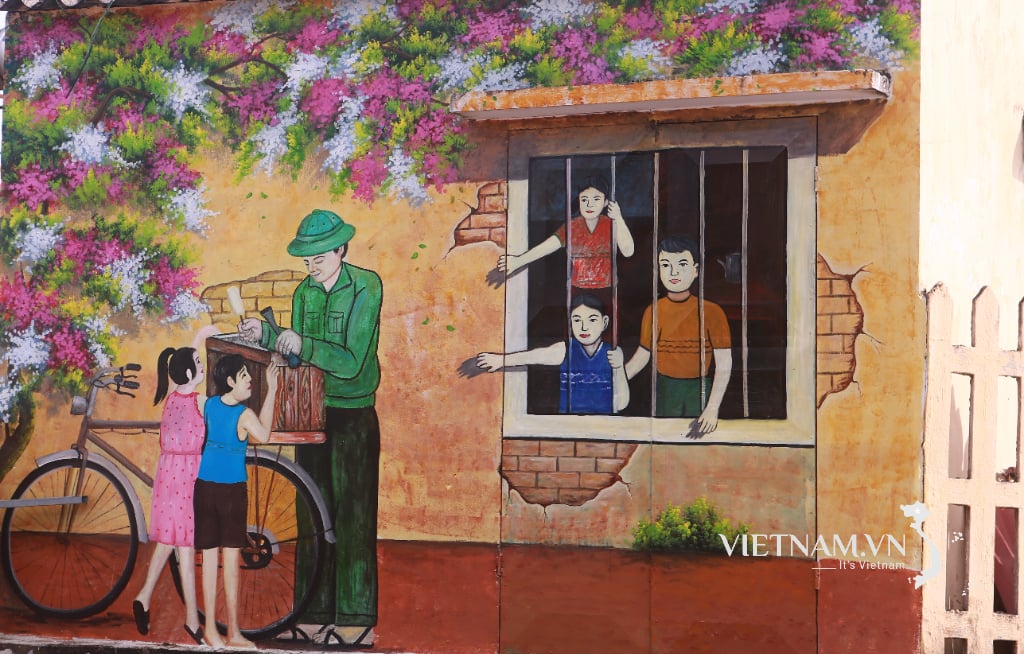
Comment (0)